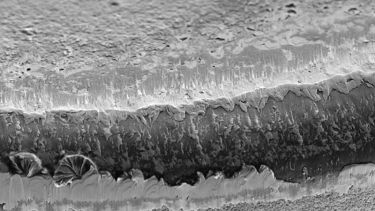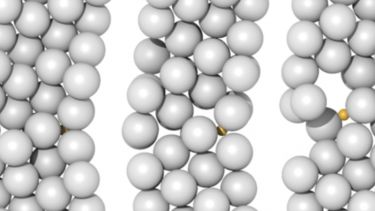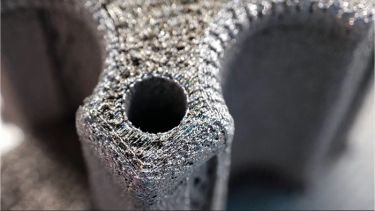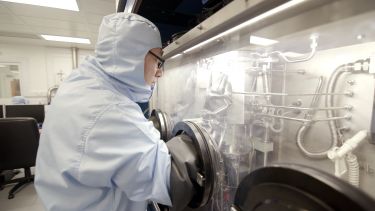Research Themes
Our research themes are supported by the variety of experience covered by our doctoral supervisors and industrial partners.
Metals are crucial to the economy, for forming a strong industrial base, and producing a broad range of goods and applications used in everyday life and modern technologies.
Research carried out through the AMS CDT supports R&D in multiple sectors including: transport and infrastructure, energy, and defence. We provide a multidisciplinary approach to metallic systems, from Technology Readiness Levels 1-7, across the whole-product-lifecycle.
Our research is also assisting in the generation of energy [through renewables, fission, and fusion]; improving the performance and sustainability of automotive and aerospace vehicles; increasing the reliability of rail transport; and providing novel components that can be confident used in the human body.




